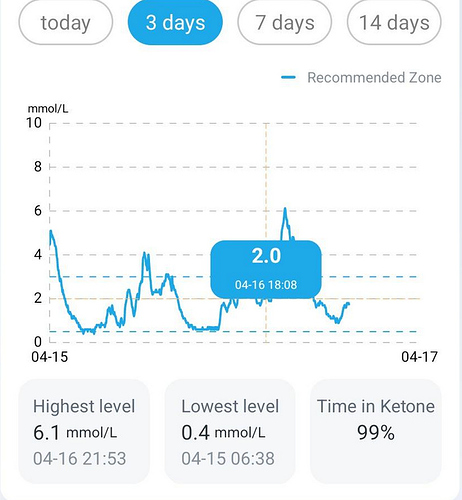Hello, all,
73 YO lady here with a potential suspicious lung nodule (cancer?) for which I want to keep my Dr. Boz Ratio very low, for any of you who are familiar with her work, for metabolic reasons of having ketones help with cancer cell death (along with my other treatments). I’ve been ketoing on and off since 2017, so fairly familiar with the diet. I do have pre-diabetes BUT can control it with the keto diet. I don’t need to lose weight; I need to keep my Dr. Boz ratio low (low blood sugar and high ketones) to do this. I can do it BUT I start getting too thin. I feel great, but it’s painful to be too bony. I’m 5’7" and currently 132 lbs., but have gotten down to 122 lbs, which to too thin for me. Whenever I eat less meat and fat to keep my Boz ratio low, I lose too much weight. When I eat more meat and fat to prevent weight loss, my Boz ratio goes up. Does anyone have any experience with this?

